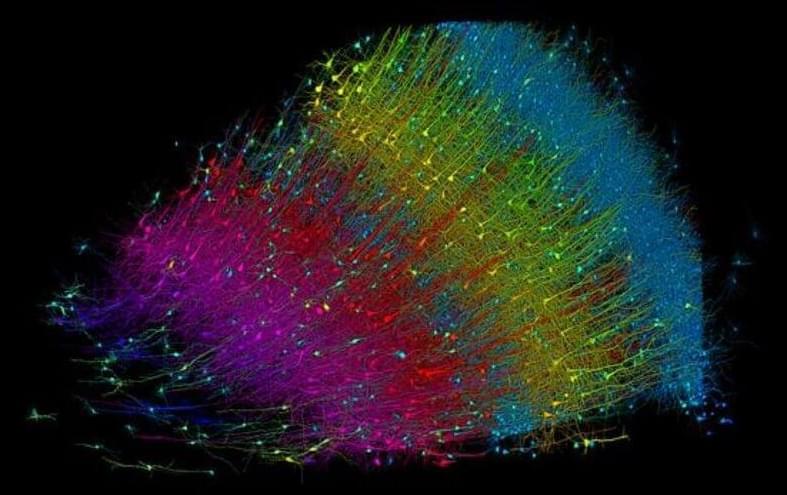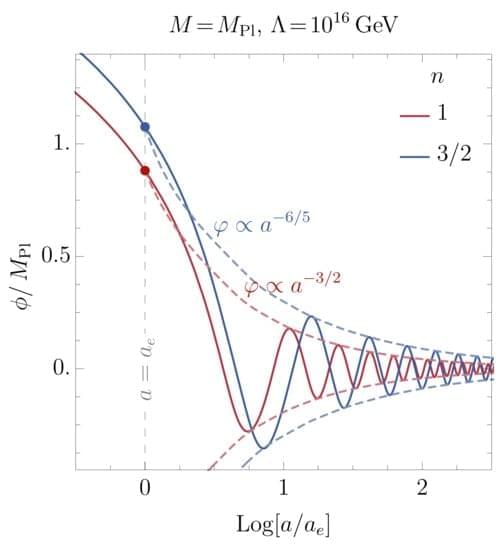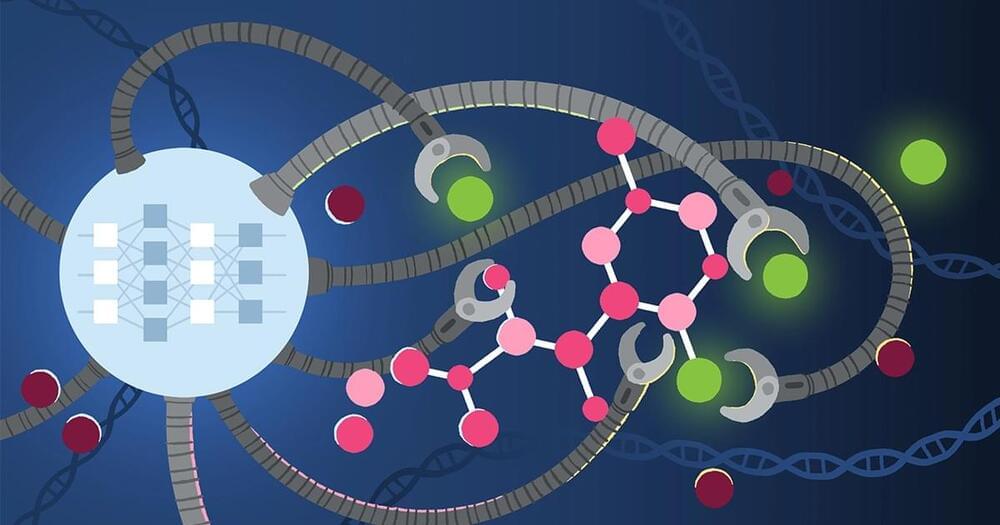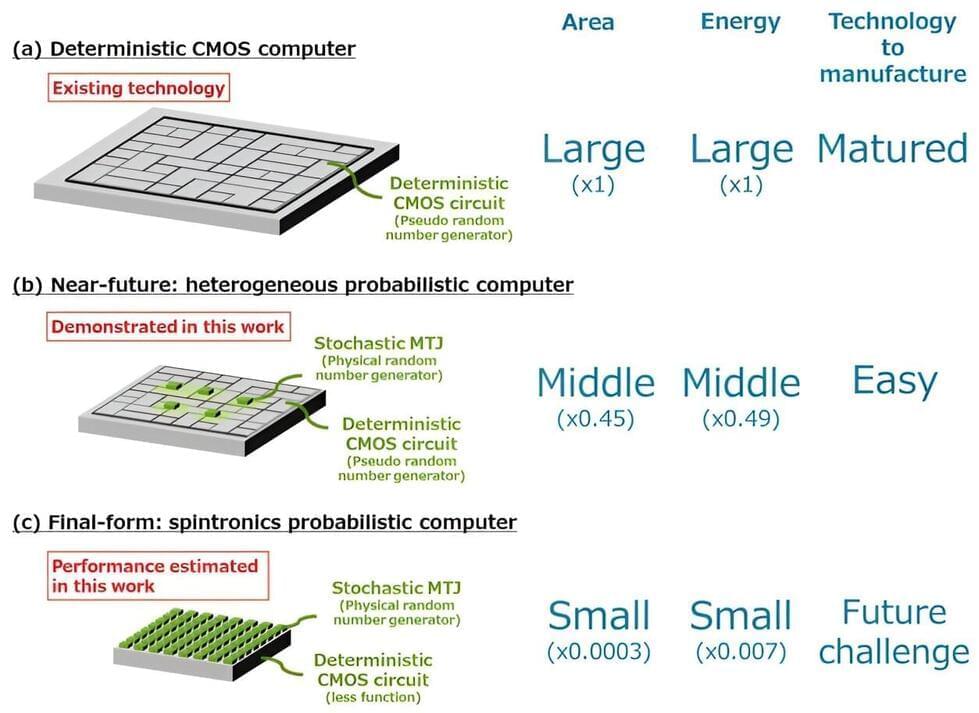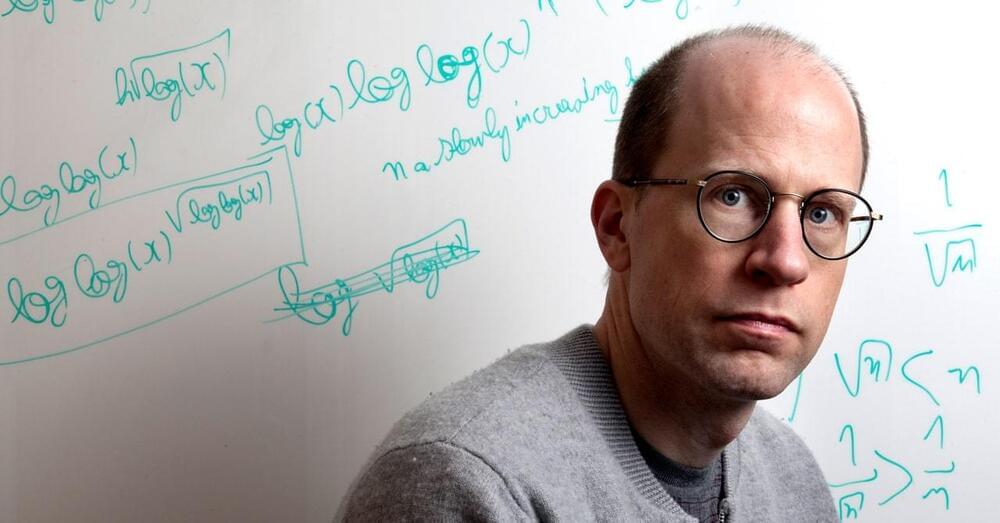Summary: Researchers created the largest 3D reconstruction of human brain tissue at synaptic resolution, capturing detailed images of a cubic millimeter of human temporal cortex. This tiny piece of brain contains 57,000 cells, 230 millimeters of blood vessels, and 150 million synapses, which amounts to 1,400 terabytes of data.
This research is part of a broader effort to map an entire mouse brain’s neural wiring, with hopes of advancing our understanding of brain function and disease. The technology combines high-resolution electron microscopy and AI-powered algorithms to meticulously color-code and map out the complex neural connections.
